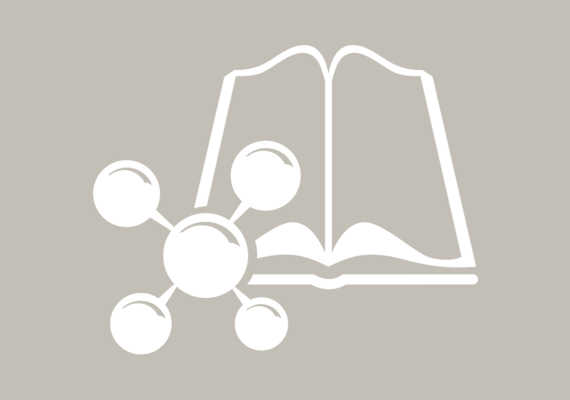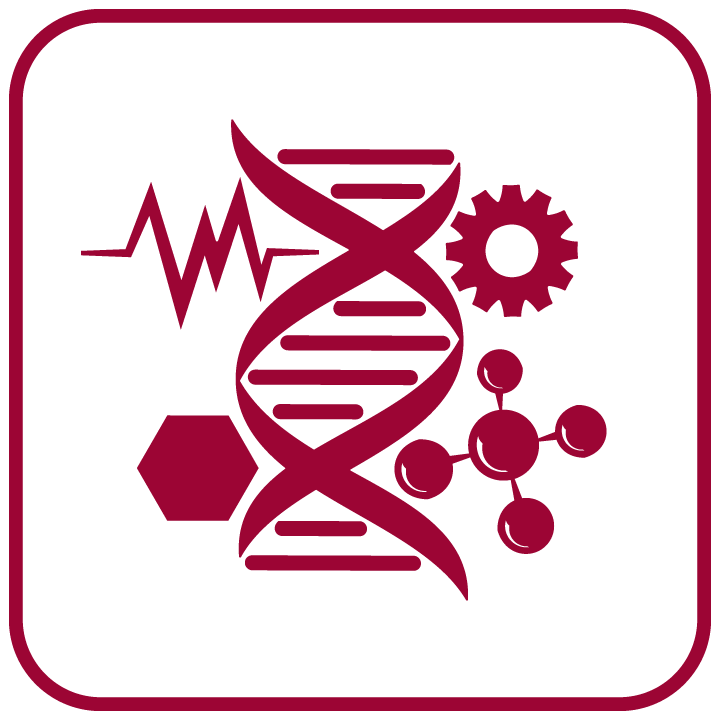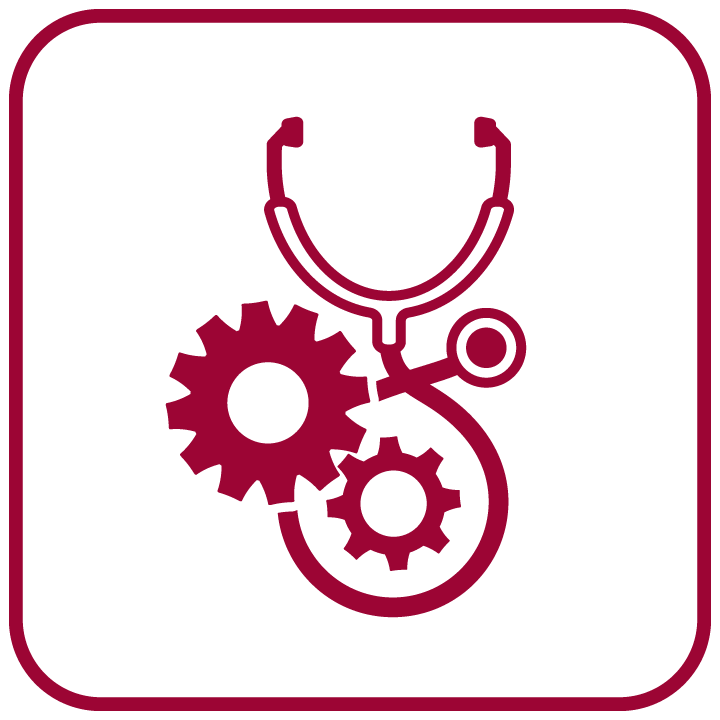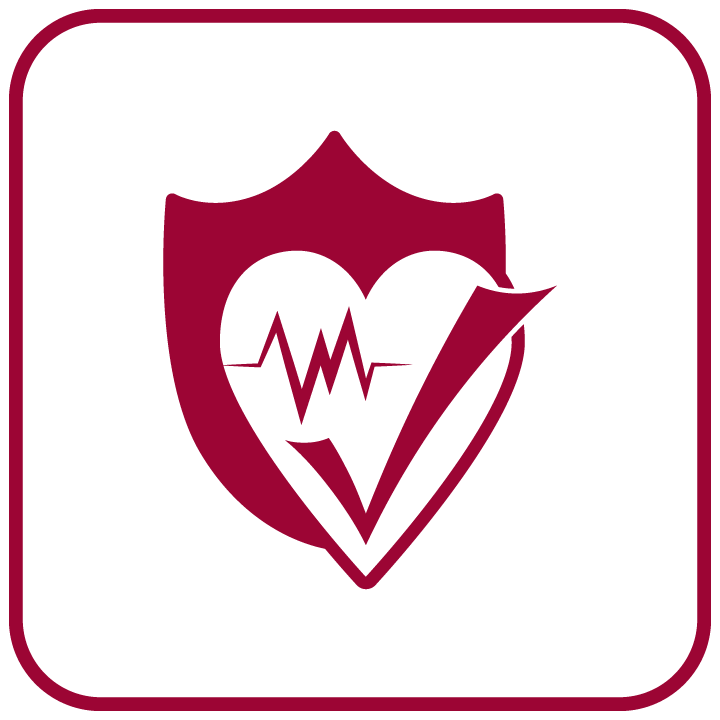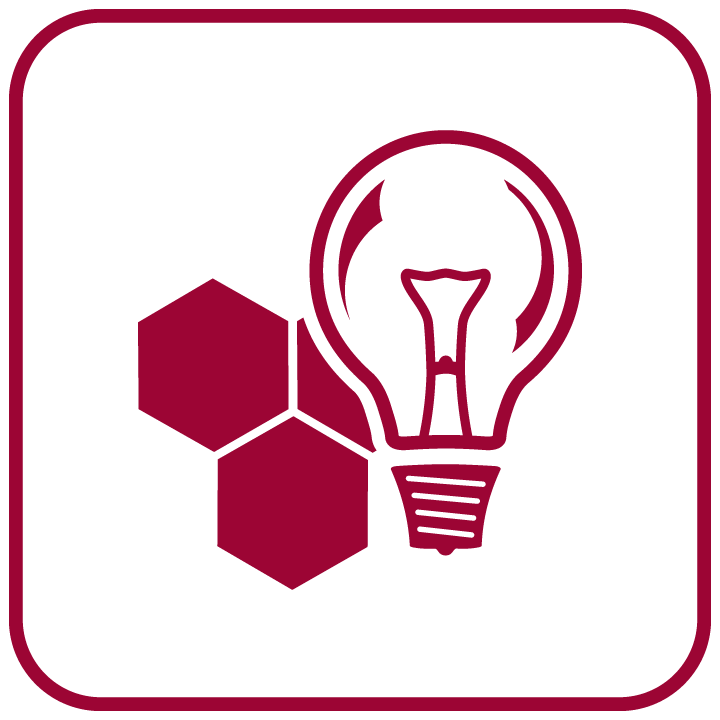Courses
Classes for this specialization are scheduled after 3:00 pm Mountain time to accommodate working professionals, providing a balance between studies, work, and personal commitments while pursuing this certificate.
Students in this certificate specialization must complete four courses (three units each).


